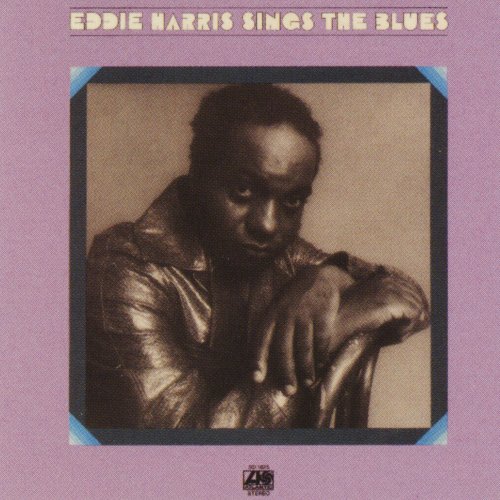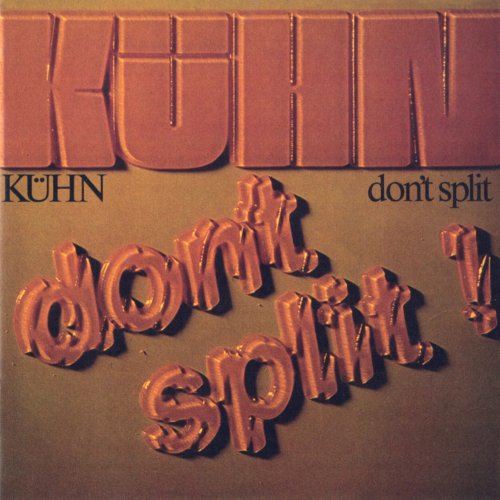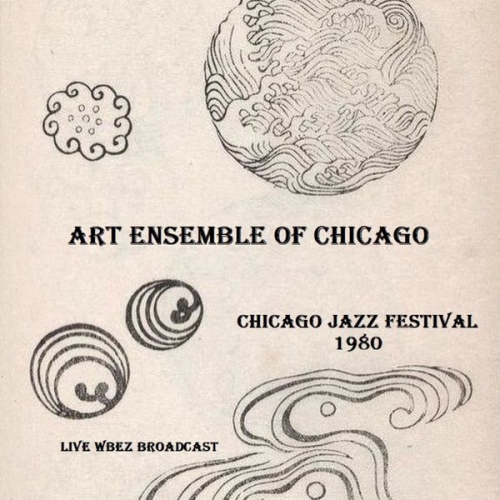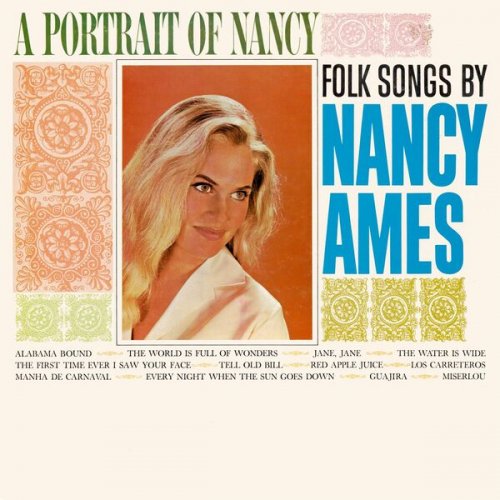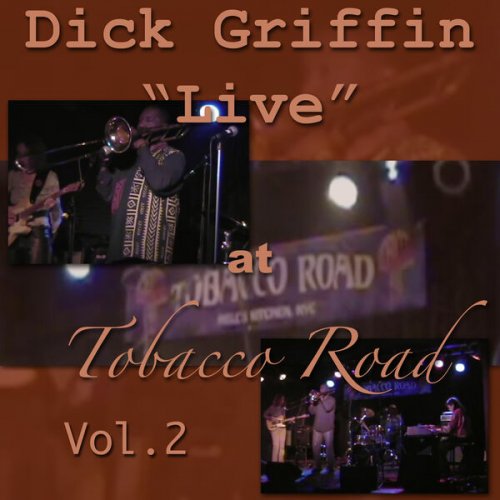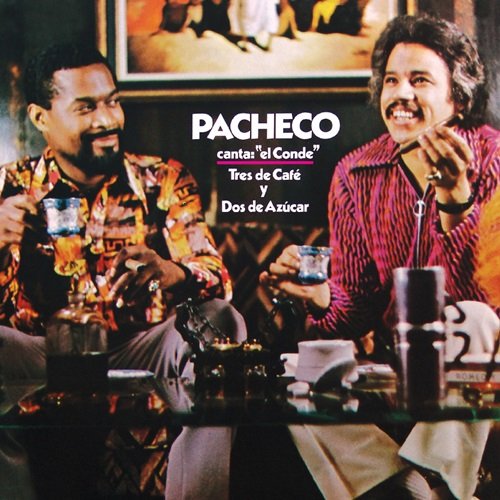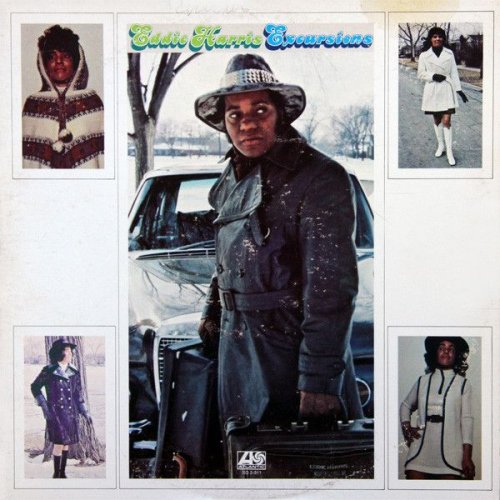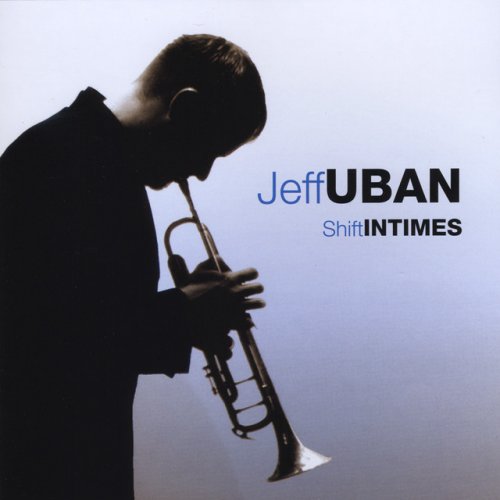John Robilette - John Robilette Live at Wigmore Hall (2020)
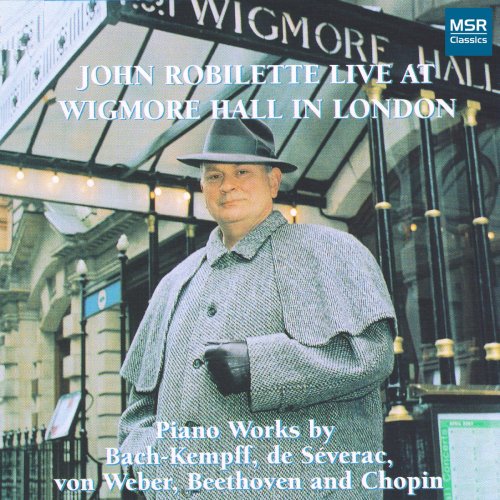
Artist: John Robilette
Title: John Robilette Live at Wigmore Hall
Year Of Release: 2020
Label: MSR Classics
Genre: Classical
Quality: FLAC (tracks)
Total Time: 63:13 min
Total Size: 209 MB
WebSite: Album Preview
Tracklist:Title: John Robilette Live at Wigmore Hall
Year Of Release: 2020
Label: MSR Classics
Genre: Classical
Quality: FLAC (tracks)
Total Time: 63:13 min
Total Size: 209 MB
WebSite: Album Preview
01. Flute Sonata No.2 (Siciliano) and Chorale Prelude :It Is Surely Time: (ed. Wilhelm Kempff)
02. Pippermint-Get (Valse Brillante de Concert)
03. Invitation to the Dance
04. Piano Sonata No. 30 in E Major, Op. 109: I. Vivace, Adagio espressivo; II. Prestissimo
05. Piano Sonata No. 30 in E Major, Op. 109: III. Andante molto cantabile ed espressivo
06. Polonaise in C Minor, Op. 40, No. 2
07. Waltz in A-flat Major, Op. 69, No. 1
08. Les Trois Nouvelles Études, Op. Posth.: F Minor; D-flat Major; A-flat Major
09. Étude in F Minor, Op. 10, No. 9
10. Étude in C Minor, Op. 10, No. 12 "Revolutionary"
11. Fantaisie-Impromptu in C-sharp Minor, Op. 66
"John Robilette begins his unusual, somewhat old-fashioned programme with two Bach transcriptions by Kempff (with a reminder in his informative booklet notes that Bach transcribed his and other composers' music long before 'transcriptions' became a dirty word). Instantly noticeable from Robilette's playing of Kempff's transcription of Bach's Siciliano is the sheer beauty and quality of tone he produces from his instrument. Throught his one hour long programme there isn't a hard or ugly sound and in the busy right hand of Kempff's arrangement of the Chorale Prelude, 'It is surely the time', Robilette's finger-work never degenerates into the 'typewriter' or 'rapid machine-gun fire' style of playing we often hear in Bach's rapid semiquaver passages; rather he uses a more mellow 'footsteps sinking into the snow' technique. In Beethoven's Sonata Op.109, Robilette's cantabile and pianissimo playing is especially notable in the sublime melody that opens the final movement. It is hard to imagine de Severac as a contemporary of Debussy and Ravel with his light-weight Pipperment-Get Valse, but Robilette dispatches it with charm and elegance as he also does Weber’s more virtuosic Invitation to the dance – the audience bursting into enthusiastic applause before the surprise quiet ending. Robilette’s way with Chopin reflects an earlier age too. He captures the grandeur of Chopin’s not-so-often played Polonaise in C minor, with some interseting voicings in the reflective middle section. In the Valse de l’A’dieu, Op.69 No.1, the Trois Nouvelles Etudes, and the middle section of the Fantasie-Impromptu, he highlights hidden themes within left hand harmonies, while in the Etude, Op.10, No.9 he uses imaginative rubato to convey the mood of restless agitation… This is a very enjoyable disc; audience applause is kept to a minimum and there is a natural concert-hall perspective to the sound."
A. T. Albeson, International Piano Quarterly
A. T. Albeson, International Piano Quarterly
